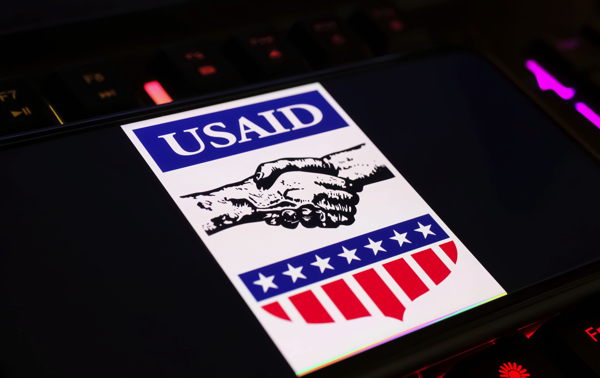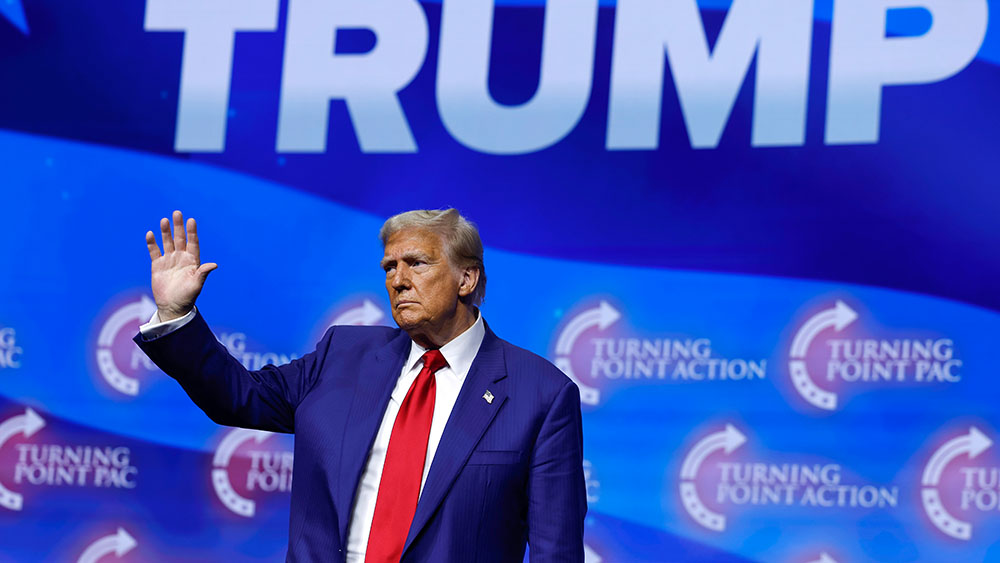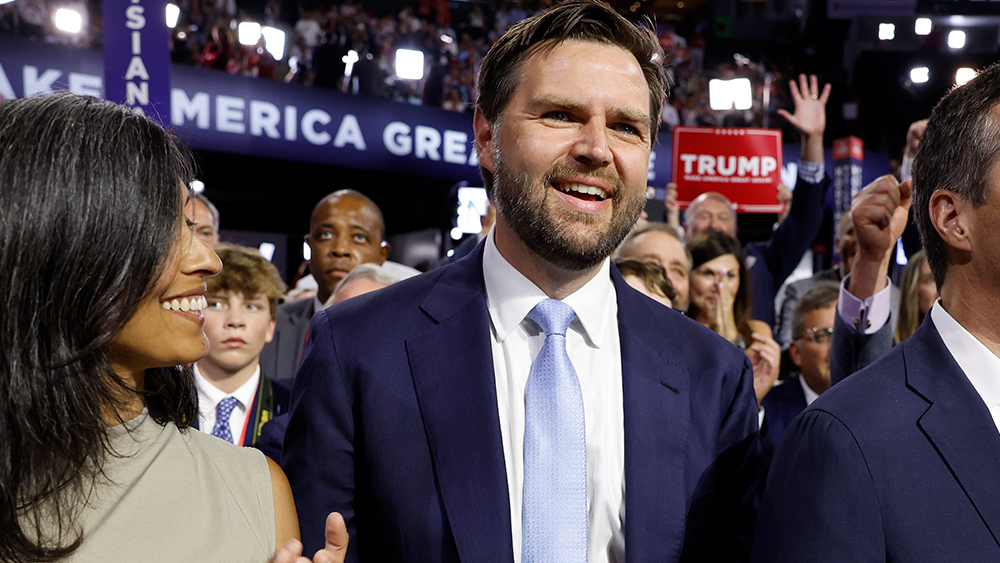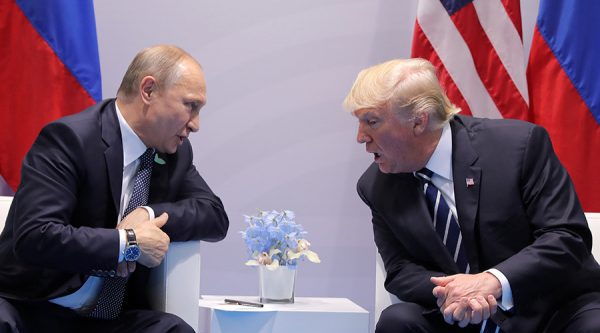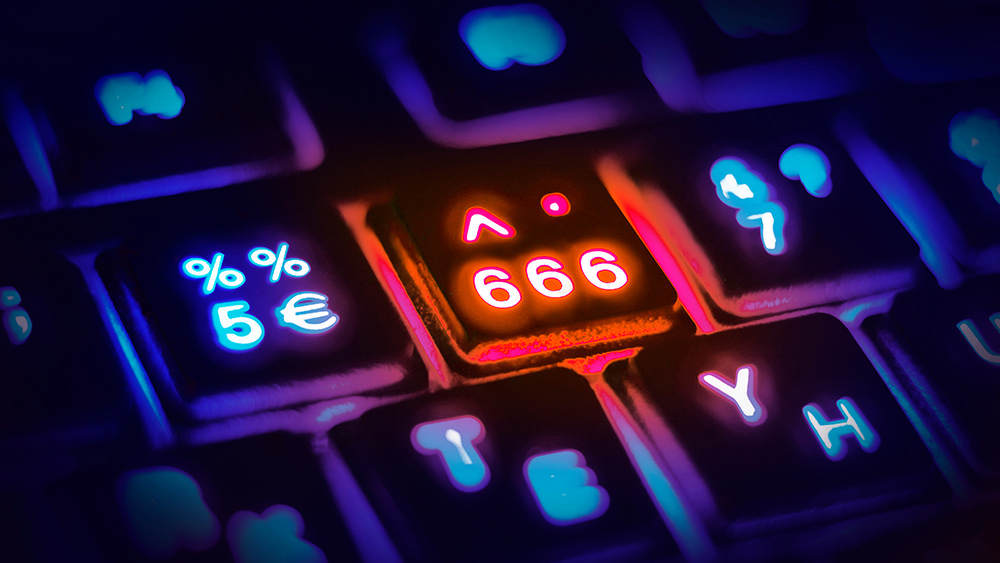 Parler
Parler Gab
Gab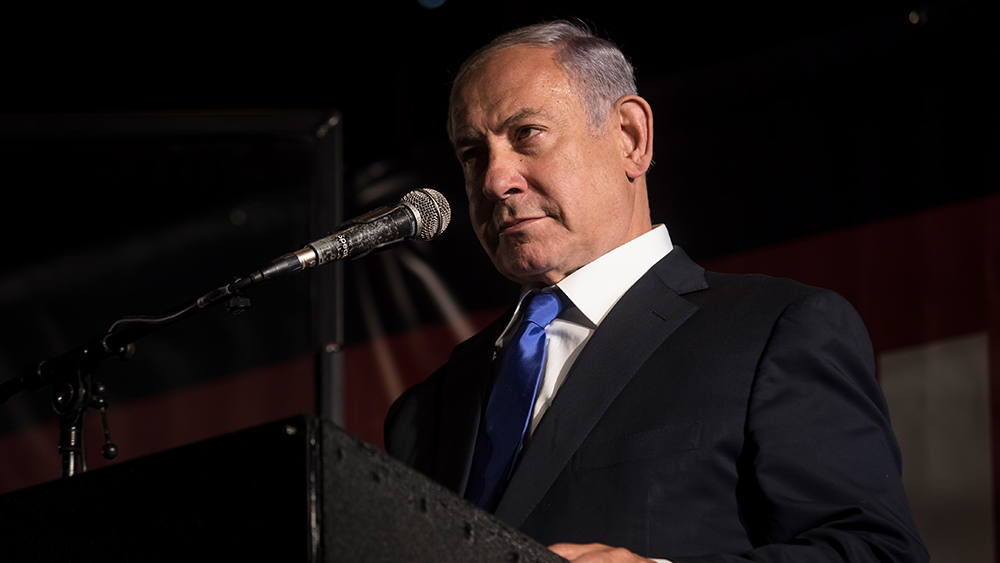
- Israeli Prime Minister Benjamin Netanyahu stated that Iran could have developed nuclear weapons ten years ago if not for Israeli interventions, amid new intelligence reports indicating that Iranian scientists are exploring faster methods to develop nuclear weapons.
- U.S. intelligence sources confirmed that Iranian scientists are working on a new approach to accelerate nuclear weapon development, potentially reducing the time needed from months to a year or more.
- Iran's nuclear program has been a long-standing international concern, with the 2015 Joint Comprehensive Plan of Action (JCPOA) aimed at limiting Iran's nuclear activities. The U.S. withdrew from the deal in 2018, leading to increased uranium enrichment by Iran.
- During Netanyahu's visit to U.S. President Donald Trump in Washington, both leaders emphasized that Iran must not be allowed to acquire nuclear weapons, reflecting a united stance and highlighting Israel's actions to delay Iran's nuclear progress.
- The International Atomic Energy Agency (IAEA) director-general expressed concern over Iran's uranium enrichment levels, and the latest intelligence adds urgency to efforts to revive or renegotiate the JCPOA, with Iran indicating a willingness to negotiate under certain conditions.
Netanyahu and Trump's shared stance
During his visit to Washington, Netanyahu underscored the shared position of the U.S. and Israel on the Iran issue. "The president said something very simple, which I said as well. Iran must not be allowed to have nuclear weapons," Netanyahu told Fox News. He also highlighted the actions taken by Israel to delay Iran's nuclear progress, stating, "We held them up." The Israeli prime minister's comments reflect a broader strategy of maintaining pressure on Iran to prevent it from acquiring nuclear weapons. Despite Tehran's recent overtures to negotiate with the Trump administration, U.S. and Israeli officials remain skeptical of Iran's intentions. Rafael Grossi, the director-general of the International Atomic Energy Agency (IAEA), recently expressed concern over Iran's rapid acceleration of uranium enrichment to as much as 60 percent purity, a level that is much closer to the 90 percent purity needed for a nuclear weapon. The new intelligence and Netanyahu's warnings add urgency to ongoing diplomatic efforts to revive the JCPOA or negotiate a new agreement. While Iran has indicated a willingness to engage in talks, it has also made clear that any negotiations must be conducted with "respect" and without preconditions. The international community, including the U.S. and its allies, will need to carefully balance the need for diplomatic engagement with the imperative to prevent Iran from developing nuclear weapons. As the situation continues to evolve, the statements from Netanyahu and the latest intelligence reports underscore the high stakes involved in the Iran nuclear issue. Both the U.S. and Israel remain committed to preventing Iran from acquiring nuclear weapons, even as they navigate the complex landscape of international diplomacy and intelligence. The latest developments highlight the ongoing tension and the critical importance of diplomatic efforts to address Iran's nuclear ambitions. The international community will be closely watching for any signs of progress or further escalation in the coming weeks and months. Visit NuclearWeapons.news to read stories related to this. Watch the video below where Iran unveils its new underground "missile city." This video is from the Cynthia's Pursuit of Truth channel on Brighteon.com.More related stories:
Iran warns Israel: Nuclear doctrine may shift if its nuclear facilities are attacked. Russia warns Israel: Do not attack nuclear sites in Iran. Israel promising new attacks on Iranian nuclear facilities that Biden says he won't back. Sources include: RT.com NYTimes.com Brighteon.comHow your tax dollars funded Hamas: USAID’s $164 million scandal exposed
By Willow Tohi // Share
Trump calls for radical military spending cuts, seeks Ukraine peace and G7 expansion
By Willow Tohi // Share
U.S. VP Vance warns Europe against adopting Chinese open-source AI models
By Lance D Johnson // Share
Trump, Putin agree to start negotiations to end Ukraine war
By Belle Carter // Share
Health Ranger Report: Mike Adams and Pastor Todd Coconato discuss the rise of the ANTICHRIST system
By Kevin Hughes // Share
Governments continue to obscure COVID-19 vaccine data amid rising concerns over excess deaths
By patricklewis // Share
Tech giant Microsoft backs EXTINCTION with its support of carbon capture programs
By ramontomeydw // Share
Germany to resume arms exports to Israel despite repeated ceasefire violations
By isabelle // Share

